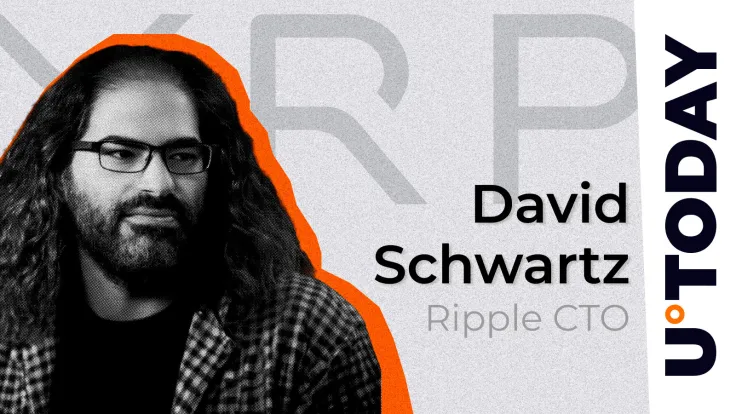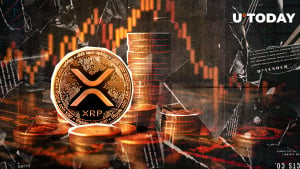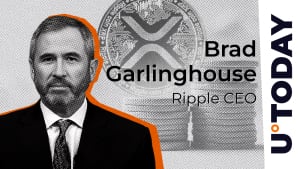The debate surrounding Ripple, XRP Ledger (XRPL) and the possibility of XRP’s inclusion in a U.S. crypto reserve shows no signs of slowing down. The conversation, already charged with competing ideologies, took another turn when accusations of centralization were raised against Ripple.
Some within the crypto community, particularly Bitcoin supporters, remain skeptical of XRP's structure, with prominent voices questioning Ripple’s role and influence.
One of the loudest critics is Pierre Rochard, VP of Research at Riot Platforms, a major Bitcoin mining firm. He has argued that Ripple could theoretically fork the XRPL software, alter escrow locks, or even introduce trillions more XRP into the supply.
For him, the control Ripple allegedly holds undermines any claims of decentralization and creates vulnerabilities in the ecosystem.
Schwartz explains
David Schwartz, Ripple’s chief technology officer, took the opportunity to push back. His explanation of how XRPL works painted a very different picture — one where decentralization isn’t just theoretical but a functional reality.
Schwartz outlined that XRPL relies on a consensus algorithm, not proof of work, to ensure agreement on transactions. Unlike Bitcoin mining, XRPL validators are not compensated, reducing incentives to behave dishonestly or control the system.
Ripple’s CTO also addressed fears about forks and supply manipulation. While anyone can propose changes to XRPL, Schwartz argued, the system’s decentralized structure prevents unilateral action. Validators must reach agreement to adopt any changes, making it highly unlikely that Ripple, or anyone else, could enforce drastic modifications.
The conversation did not stop there. Rochard shifted focus to legal territory, suggesting that Ripple’s ownership of the XRP trademark gives the company undue influence. Schwartz brushed off this claim, asserting that such legal maneuvers would hold no weight in U.S. courts, drawing parallels to other open systems like Bitcoin.




 Dan Burgin
Dan Burgin Vladislav Sopov
Vladislav Sopov